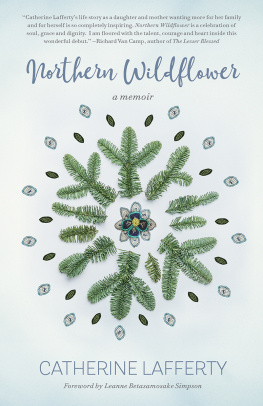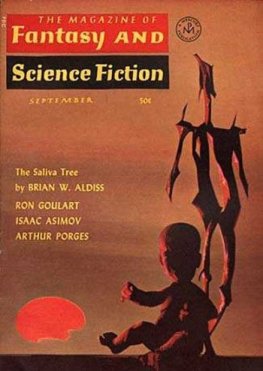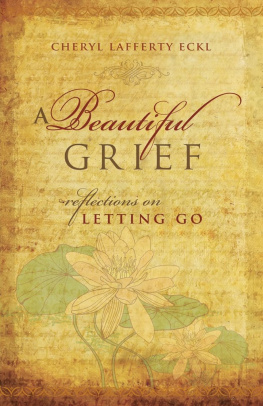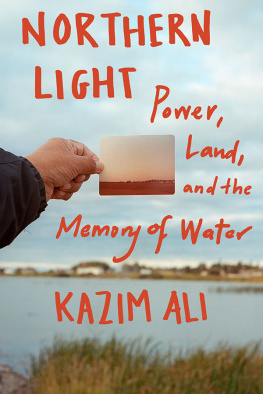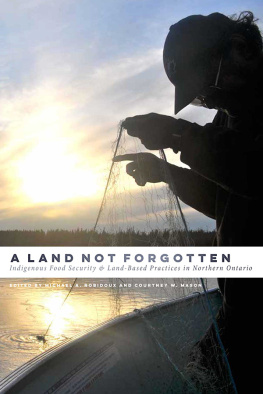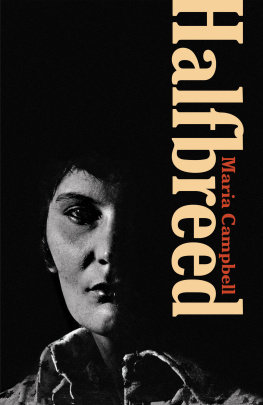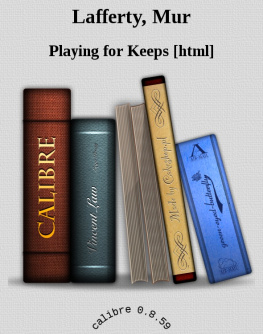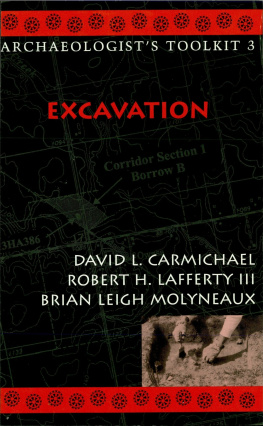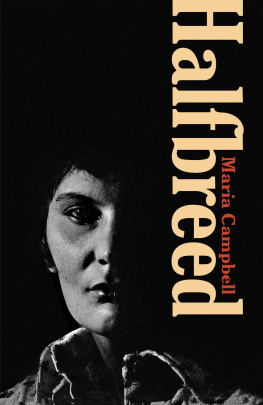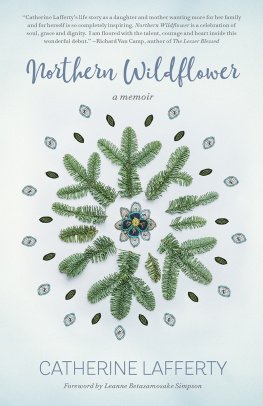Northern
Wildflower

Northern
Wildflower
a memoir
CATHERINE LAFFERTY

Roseway Publishing
an imprint of Fernwood Publishing
halifax & winnipeg
Copyright 2018 Catherine Lafferty
All rights reserved. No part of this book may be reproduced or transmitted in any form by any means without permission in writing from the publisher, except by a reviewer, who may quote brief passages in a review.
Editing: Leanne Betasamosake Simpson and Fazeela Jiwa
Cover beadwork: Norine Lafferty
Design: Tania Craan
eBook: tikaebooks.com
Printed and bound in Canada
Published by Roseway Publishing
an imprint of Fernwood Publishing
Oceanvista Lane, Black Point, Nova Scotia, B0J 1B0
and Broadway Avenue, Winnipeg, Manitoba, R3G 0X3
www.fernwoodpublishing.ca/roseway
Fernwood Publishing Company Limited gratefully acknowledges the financial support of the Government of Canada through the Canada Book Fund, the Canada Council for the Arts, Arts Nova Scotia, the Province of Nova Scotia and the Province of Manitoba for our publishing program.

Library and Archives Canada Cataloguing in Publication
Lafferty, Catherine, 1982-, author
Northern wildflower / Catherine Lafferty.
Issued in print and electronic formats.
ISBN 978-1-77363-040-3 (softcover).--ISBN 978-1-77363-041-0 (EPUB).-
ISBN 978-1-77363-042-7 (Kindle)
1. Lafferty, Catherine, 1982-. 2. Chipewyan Indians--Canada--Biography. 3. Indian women--Canada--Biography. I. Title.
E99.C59L34 2018 971.004'972 C2018-903704-0
C2018-904496-9
To My Grandma
Acknowledgements
T HIS BOOK WOULDNT BE POSSIBLE without the help of many amazing, supportive and loving people that I have crossed paths with along my journey.
First, I would like to thank my children for being my most fierce critics and making sure that I dont take things too seriously.
Id like to thank my friends and extended family for supporting me in my writing journey and providing me with honest advice because that is what family and friends do best.
Id like to thank my mentors Richard Van Camp and Leanne Betasamosake Simpson for being motivating, generous guiding lights. I am grateful for their valuable insight and the time they set aside for me.
To everyone in my life that has taught me to be strong, without lifes tough lessons I wouldnt be the person I am today. Thank you for adding another layer of depth to my life and bringing out the bravery in me.
Id like to thank my mom for always being patient with me, showing kindness and unconditional love.
Id like to thank my grandparents for giving me everything I ever needed. They gave me just the right amounts of love, discipline, freedom and lifelong values and beliefs that I will forever stand for. I look forward to seeing you again.
MAHSI CHO!
This book was written in hopes of inspiring, encouraging and giving hope to the Indigenous Peoples of Canada that are in the struggle. Together we can break the cycle of intergenerational trauma and echo our voices loud and clear, in unity and solidarity, so that every person will understand the detrimental effects that colonialism has had on our livelihood throughout Canadas history.
Foreword
BY LEANNE BETASAMOSAKE SIMPSON
I FIRST MET CATHERINE AT Dechinta Centre for Research and Learning a Dene Bush University in Denedeh. Catherine was at one of our on-the-land gatherings as a councillor from the Yellowknives Dene First Nation. At the time, our programming was operating in the Akaitcho region of Denendeh on Chief DryGeese Territory Catherines homeland. Catherine was there as a community leader, with her two gorgeous children, who immediately connected with my own kids. The group of them had a wonderful time over the next few days fishing nets, swimming, making dry fish and just being Indigenous kids. Together. At the time, I didnt know Catherine was also a writer.
A few years later, Catherine emailed me to ask for help with a book-length memoir project she was working on. It has been rare in my life that young writers approach me with fully completed manuscripts, particularly Indigenous writers that have completed such enormous projects in relative isolation, with little support and encouragement from a writing community or any community for that matter. This has, however, been the beautiful struggle of generations of Indigenous writers, particularly Indigenous women. Catherines work immediately reminded me of Maria Campbells Halfbreed , Lee Maracles I am Woman and the poetry of Joanne Arnott. Even more importantly, it reminded me of Dene storytellers and the act of telling ones own story as a practice of affirming our experiences, connecting to the ones that have come before us and our homelands and speaking our own truths on our own terms. Northern Wildflower also serves as a counterpoint to the academic work of Dene scholar Glen Coulthard because it represents a very personal, intimate exploration of the themes of dispossession, violence, disconnection and resistance from the perspective of a young Dene woman.
Often, in teaching in the North, I find it difficult to find relevant readings for my Dene students. I am excited to share Catherines book with them, because I know they will, perhaps for the first time, see their lives and their experiences in print. This was reinforced for me this year at Yellowknifes writers festival, NorthWords. Catherine read an excerpt of her book to a packed room in the basement of the Yellowknife Centre on a panel with myself, Paul Andrew, Tracey Lindberg and Rosanna Deerchild a pretty intimidating panel for an emerging Indigenous writer. Catherine read after Elder Paul Andrew spoke of his residential school experience and the strength and resilience of the Shuhtoatine or Mountain Dene. Her reading was powerful and moving, holding the audience in silence as she told her story. Her community connected with the work and that was wonderful to witness.
Memoir is not an easy genre, particularly for Indigenous women. We rarely get the opportunity to tell our stories, and when we do, we are often met with racism, patriarchy and judgement. I cant think of any other young Dene women who have written memoirs, and that makes this story all the more important. From an artistic standpoint, it can be difficult to tell the story of our lives to audiences that may not fully understand the colonial context that is responsible for the violence in our lives. I think Catherine does an excellent job of truth telling while not succumbing to a victim narrative.
Northern Wildflower is a beautiful story of Dene resistance. It is a call for a just world, and it will inspire a new generation of young Dene writers and storytellers to speak up, to write and to live their very best lives.
Leanne Betasamosake Simpson
Chapter 1
E VERYONE HAS A UNIQUE STORY TO TELL . This is mine. Memories strung together like beads, sewn onto smoked moose hide in the shape of a northern wildflower drawn by my grandmother.
My journey began on Easter Sunday in the early eighties. My parents were at a drive-through theatre in a small northern Alberta oil town when I made my debut into this world.

